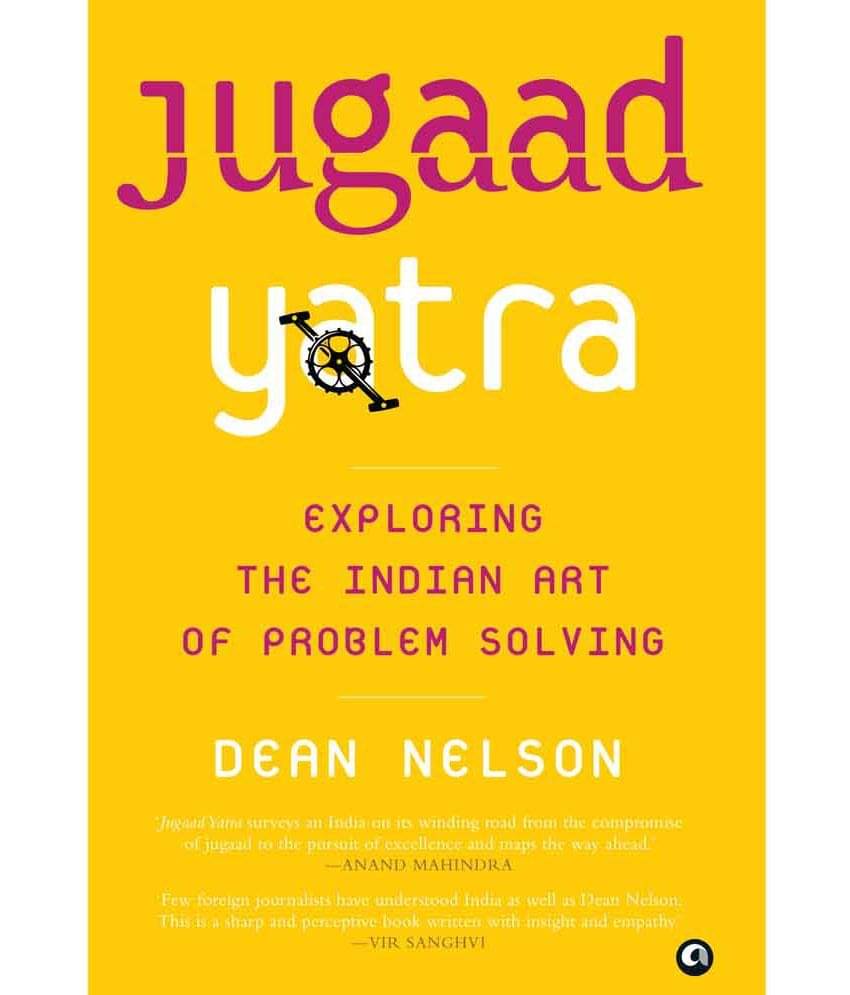Something went wrong. Please refresh the page and try again.
Something went wrong. Please refresh the page and try again.
Notifications can be turned off anytime from settings.
Item(s) Added To cart
Qty.0
Something went wrong. Please refresh the page and try again.
Something went wrong. Please refresh the page and try again.
Exchange offer not applicable. New product price is lower than exchange product price
Please check the updated No Cost EMI details on the payment page
Exchange offer is not applicable with this product
Exchange Offer cannot be clubbed with Bajaj Finserv for this product
Product price & seller has been updated as per Bajaj Finserv EMI option
Please apply exchange offer again
Your item has been added to Shortlist.
View AllYour Item has been added to Shopping List
View All

No Cost EMI of Zero Emi Vendor applied on the product
You selected EMI of for monthsChangeGenerally delivered in 6 - 10 days
Item is available at . Change
You will be notified when this product will be in stock
| ||||||||||||||
India's Mangalyaan mission to Mars and the Tata Nano, the world's cheapest car, are two of the country's most celebrated achievements in recent times. They have something in common with the inverter which keeps the lights on during power cuts, the desert cooler which eases the searing summer heat, and the hybrid trikes, half-Enfield Bullet motorbike, half-bullock cart, which slow traffic throughout northern India. They share traits with inspiring village inventions which offer cheap stoves, cool water, wind-powered pumps, safer wells, and even sanitary towels to those who can least afford them. And they also share characteristics with some of the worst aspects of life in urban India—unsafe vehicles, dangerous buildings, poor sanitation and shoddy standards of work and manufacturing. They are all examples of good and bad jugaad, the colloquial Hindi word for a frugal innovation, a quick fix, improvised solution with cheap materials readily to hand, and ‘out of the box' solutions which bypass received wisdom, rules and regulations.
The concept of jugaad divides many in India. Should the country embrace jugaad as the elixir of innovation or shun it as the celebration of the substandard? This book explores the special place jugaad has in Indian thinking and India.
About the Author
DEAN NELSON is an award-winning investigative journalist and foreign correspondent. He spent ten years in Delhi covering India and the South Asia region from Afghanistan to Myanmar and beyond, first for the Sunday Times and later for the Daily Telegraph. He lives in Edinburgh with his wife and three children and continues to travel in Asia on assignment.
The images represent actual product though color of the image and product may slightly differ.
Snapdeal does not select, edit, modify, alter, add or supplement the information, description and other specifications provided by the Seller.
Register now to get updates on promotions and
coupons. Or Download App